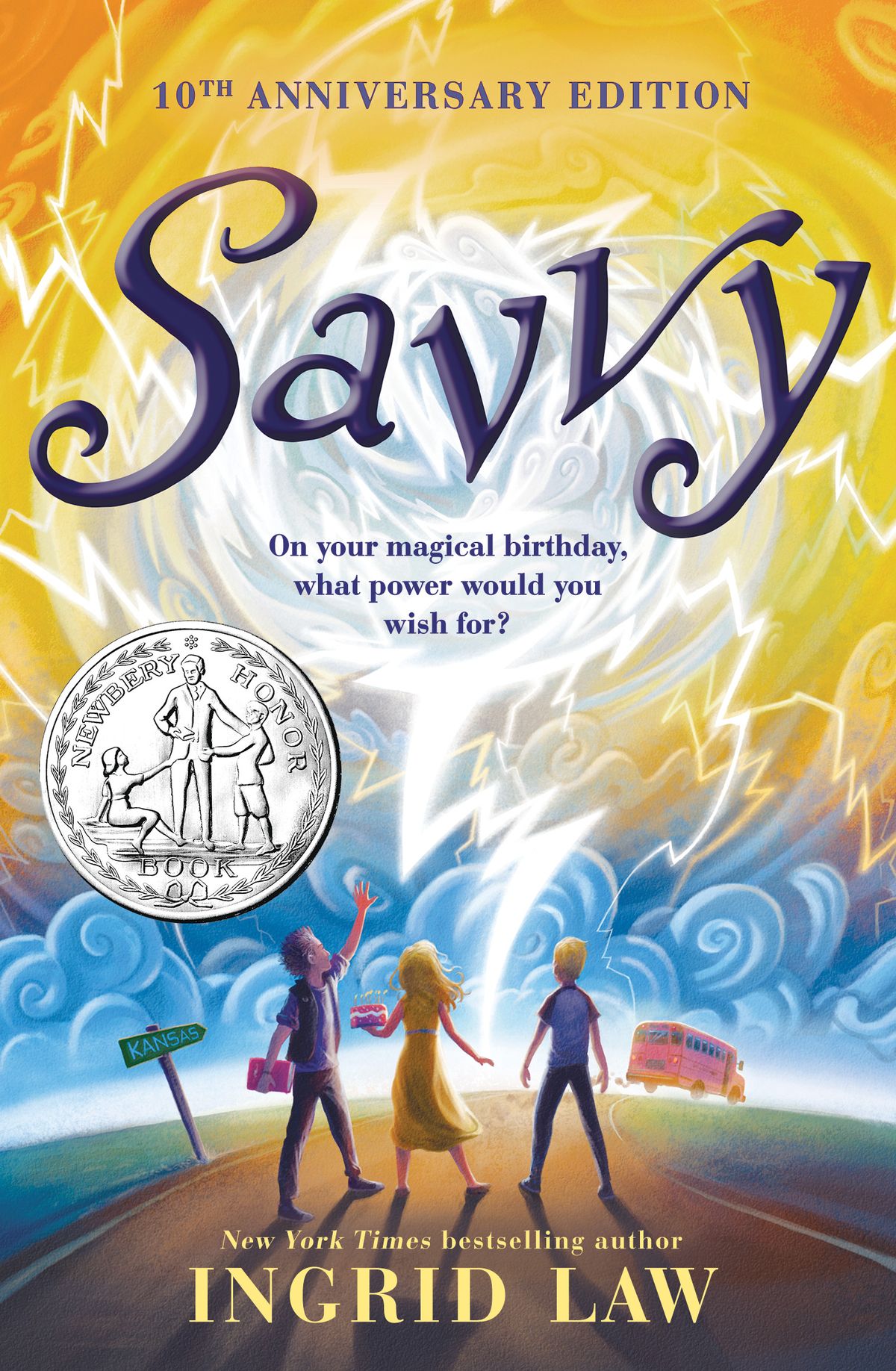Chapter X
byChapter X opens with the deliveryman pausing in the intense silence, seemingly contemplating what to do with the baby mice he had discovered nesting among his Bibles. His expression, tense and uncertain, suggests he is considering extreme options, such as poison, drowning, or perhaps even offering us as a meal to a cat. As he slowly removes his wilted carnation and loosens his pink necktie, his rolled-up sleeves reveal a gaunt chest beneath his worn-out overalls. Crossing his arms, two names appear on his forearms: Carlene, etched above a black rose, and Rhonda, inscribed below a heart adorned with the word “Mom.”
As I observed, something peculiar happened—the letters on his arms seemed to animate, shifting into the likenesses of the two women, Carlene and Rhonda. Their voices echoed the tension in the air as they bickered about Lester’s perceived weaknesses. Carlene accused Rhonda of causing Lester’s soft nature, claiming he lacked the necessary fight to stand up for himself. Rhonda, not to be outdone, blamed Lester’s weak father and argued that Carlene demanded every penny he earned from delivering Bibles, thereby limiting his chances of success. This surreal transformation gave the scene an almost comic-book-like quality, further contributing to my unease as I recalled the urgent mission I had before me—to wake up Poppa.
The atmosphere was thick with discomfort, yet I felt a reassuring touch from Samson, grounding me amidst the chaos. The deliveryman, still jittery, broke the silence with a melodic yet nervous voice, asking what we were doing. Carlene, from within his mind, urged Lester to show some backbone and mocked his apparent lack of gumption, further exacerbating the tension. The growing sense of unease was palpable, and I felt the weight of the moment as I cautiously approached the deliveryman.
I stepped forward carefully, asking if he was headed to Kansas, explaining that we needed to reach Salina for a family emergency. Lester, clearly overwhelmed, stumbled over his words and seemed slow to catch on. It became apparent that he was struggling with the situation, unsure of how to handle our request. Despite his hesitation, he finally muttered that we could not ride on his bus, although his shaky finger pointing toward us revealed his uncertainty about the decision.
Undeterred, I continued to explain that my parents were in Salina and that he would be helping us by allowing us to ride with him. Carlene, still present in Lester’s mind, taunted him, predicting he would cave in to our plea. Rhonda, on the other hand, lamented Lester’s timidity, underscoring the tension between the competing forces in his mind. As I continued to plead with him, I could feel the pressure mounting on Lester, torn between his compassion for us and the fear of facing consequences from his boss.
After a long moment of hesitation, Lester slumped into a seat, clearly battling his reluctance and weighing his options. He finally broke the silence with a hesitant question about where we were from, signaling a shift in his resolve. His question marked a significant moment—Lester was surrendering to the inevitable, preparing to help us despite his inner conflict. This moment of surrender encapsulated the human struggle between fear of authority and the drive to do what feels morally right. It was clear that, in that moment, Lester’s compassion had finally overcome his fear, and he would help us on our journey to Salina.
This chapter not only delves into the dynamics of personal struggle but also highlights the complexities of human interaction. The bickering voices in the deliveryman’s mind, represented by Carlene and Rhonda, symbolize the internal conflict many people experience when faced with difficult decisions. Whether it’s the fear of authority or the pull of personal values, the chapter explores how the human psyche can be torn between different forces, leading to moments of profound hesitation and ultimate decision-making. The protagonist’s persistence, paired with the deliveryman’s eventual surrender, underscores the power of human connection and compassion in overcoming even the most challenging circumstances. This interaction also reflects the larger theme of the chapter—how individuals are often caught between competing desires and how, in moments of crisis, their true character is revealed.

